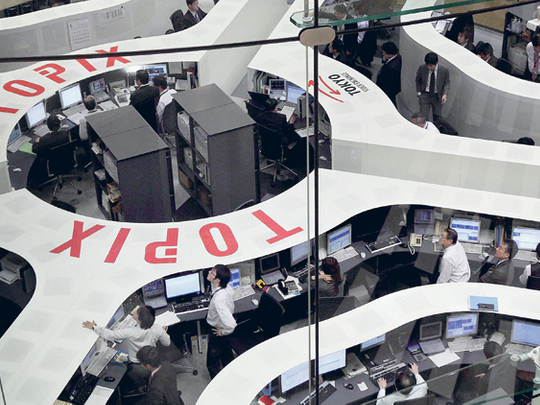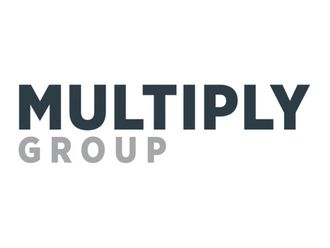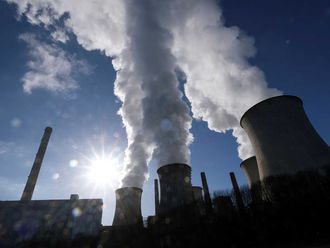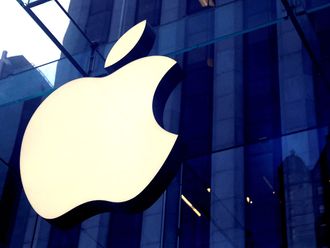
Singapore: Emerging market currencies, stocks and metals fell while bond risk rose in Asia after Fitch Ratings downgraded Portugal, deepening concern Greece's fiscal crisis will spread to other countries.
The South Korean and the Philippine currencies led declines against the dollar as the won fell 0.4 per cent and the peso 0.2 per cent.
Five stocks fell for every three that rose on the MSCI Asia Pacific Index, aluminum dropped for a second day and the region's benchmark credit-default swap indexes rose.
Futures on the Euro Stoxx 50 were little changed at 7.22am in London.
European leaders meeting yesterday sought to end weeks of wrangling over an aid package for Greece as the debt-laden nation grapples with the European Union's biggest budget deficit.
Concern about the continent's weakest economies increased yesterday after Fitch cut Portugal's credit rating for the first time, citing "structural weaknesses" that are reducing its ability to tolerate the global economic slump.
"There's nervousness surrounding the Portugal downgrade," said Nader Naeimi, an investment strategist in Sydney at AMP Capital Investors, which oversees about $90 billion (Dh330.5 billion) globally.
"The last thing the EU wants is any contagion of the Greece situation to the rest of the region."
Hong Kong's Hang Seng Index and the Shanghai Composite Index both dropped 1.2 per cent, the biggest declines among the region's major markets.
MSCI's Asia gauge fell less than 0.1 per cent. Futures on the US Standard & Poor's 500 Index were little changed.
Li & Fung Ltd, the biggest supplier for retailers including Wal-Mart Stores, slumped 9.9 per cent after reporting lower-than-expected 2009 profit, while China Unicom, China's No 2 mobile-phone company, sank 4 per cent in Hong Kong. Newcrest Mining dropped 1.6 per cent in Sydney after gold tumbled to the lowest price in more than five weeks.
The Markit iTraxx Australia index of credit swaps climbed 3.5 basis points to 87 basis points in Sydney, Deutsche Bank AG prices show.
Risk benchmark
The risk benchmark is heading for its largest increase since February 23, according to CMA DataVision in New York.
The Markit iTraxx Japan index rose 4.5 basis points to 121.5 in Tokyo, Morgan Stanley prices show.
Aluminium dropped for a second day, declining 1.1 per cent to $2,198 per metric tonne. Copper for three-month delivery fell as much as 0.4 per cent to $7,343 a tonne and traded at $7,378 in Singapore.
Gold for immediate delivery gained 0.4 per cent to $1,091.13 an ounce following a decline yesterday to $1,085.30 an ounce, the lowest since February 12.
Japan's currency strengthened versus all its 16 most-active counterparts after charts showed its 2.1 per cent slump yesterday versus the dollar was overdone. The yen rose from a 10-week low against the dollar on speculation Japanese exporters took advantage of its biggest slide this year to buy the currency before the nation's fiscal year ends next week.
"With the dollar-yen having risen to more than a one-month high, exporters probably want to buy the yen," said Yoh Nihei, trading group manager at Tokai Tokyo Securities in Tokyo.
"There's talk of actual demand from exporters for the yen."
The won fell 0.3 per cent to 1,142.45 against the dollar, the Malaysian ringgit weakened 0.1 per cent to 3.3203 and the Philippine peso dropped 0.2 per cent to 45.625.
The euro traded near a 10-month low against the greenback and near a record low against the Swiss franc.











